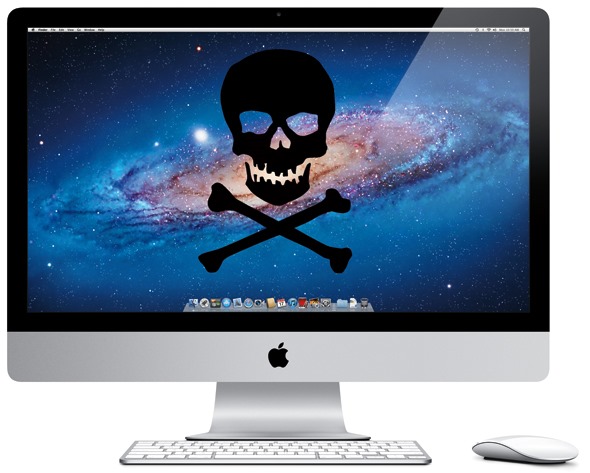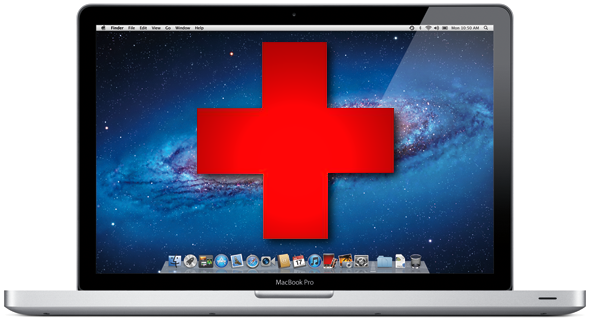Apple has long since claimed a proud reputation for protecting its user base from the perils of viruses and malicious intrusion. Unfortunately, that particular label has been severely damaged over the past couple of months, largely due to the outbreak of the Flashback malware which managed to find its way onto several hundred thousand Macs across much of the world.
The somewhat complacent "It doesn’t get PC Viruses" quip on the Mac page over at Apple.com came back to haunt the Cupertino, California based company, and now, that incorrect claim has been rather quietly removed, making way for a more accurate "It’s built to be safe," and "Safeguard your data. By doing nothing" and the short, yet sweet, "Safety. Built in."
Although Apple’s products are a great deal more costly than those of its competitors, the one advantage the fruit company has always maintained – particularly over the Windows PC – is that those purchasing a Mac are essentially safe from viruses. The message filtered all the way through to the various electronics retailers, and having spent a great deal of time shopping around for a new computer on numerous occasions, I’ve had many an Apple evangelist try to dissuade me from going with Windows, berating how OS X is the virus-free, safe bet.
Removing the message immediately would have almost compounded the embarrassment Apple felt at the time of the outbreak, but even now, with the dust settled, the blogosphere hasn’t missed the change.
Despite not being a foolproof malware haven, it’s still a great deal more secure than a Windows PC. The number of malware and virus outbreaks have been extraordinary and high-profile over the years, but with over four-fifths of desktop and notebook users running Microsoft’s operating system, it’s not too surprising.
Not withstanding the loss of the clean record on OS X, Tim Cook’s company can still take some solace in iOS – its mobile endeavor – offering security-conscious consumers a safe experience. Android, the current market leader in mobile space, has suffered many outbreaks, and the trend appears to be worsening as time progresses, so consumers will be hoping Apple keeps things water-tight and free of any potential bad stuff floating about.
(via PCWorld)
You can follow us on Twitter, add us to your circle on Google+ or like our Facebook page to keep yourself updated on all the latest from Microsoft, Google, Apple and the web.



